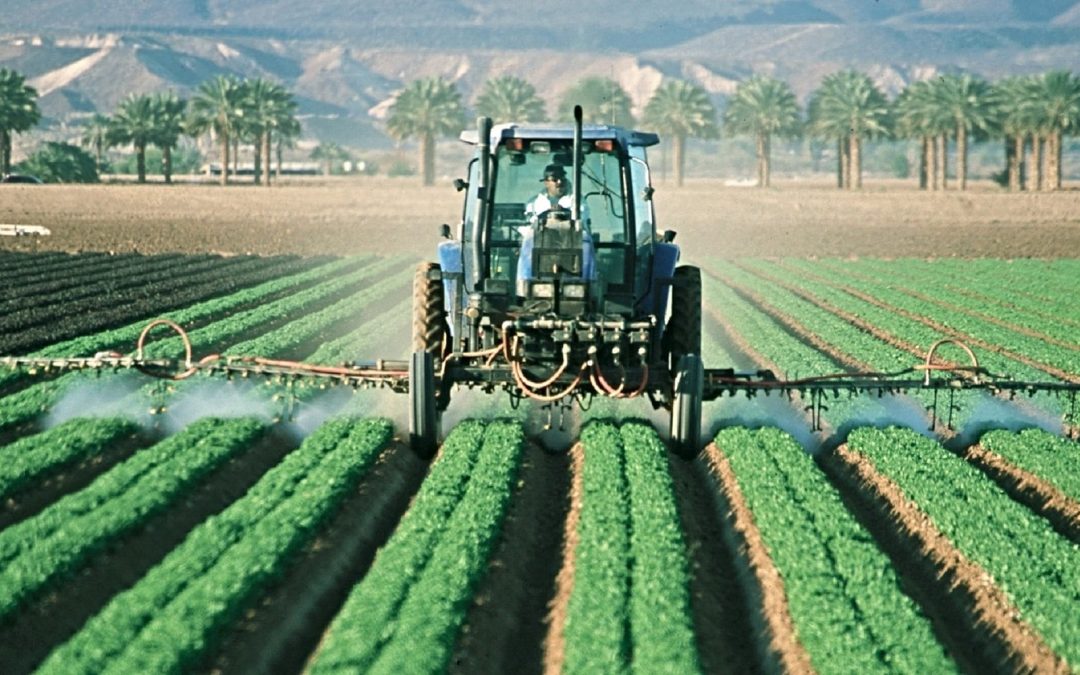Chris Dykshorn could not stop worrying about the surplus grain he could not sell.
He grew more and more despondent as flooded crops and America’s trade wars took their toll.
His inability to sell his grain brought this South Dakota farmer to the brink of financial ruin. Facing nearly $300,000 in farm debts, financial pressure mounted.
In texts to his wife, The Washington Post reported on his growing anxiety over the family’s declining finances.
“I’m struggling so bad today. I don’t know what to do anymore,” he texted on May 31. “I seriously don’t know how we r gonna make it.”
On June 1, he said, “I just want to sit in the house and cry.” And then, “What am I supposed to do. I am failing and feel like I’m gonna lose everything I’ve worked for the past how many years.”
Shortly following, the pressure became insurmountable. Chris decided to take his own life.
His wife, Amber, and their three kids have been left behind to care for their 600 acres.
There is a darkening trend descending on rural America. Debt and suicide are on the rise.
Bloomberg recently reported that “farmers have piled on record debt – to the tune of $427 billion. The industry’s debt-to-income ratio is the highest since the mid-1980s when Willie Nelson, Neil Young and John Mellencamp organized the first Farm Aid concert.”
The evidence is clear: Our farmers and their families are suffering immensely.
According to The Washington Post, “A 2017 study found that farm owners and workers were three to five times as likely to kill themselves on the job compared with other occupations.”
In addition, “Calls to suicide hotlines around farm country have risen, prompting new federal and state programs targeting farmers’ mental health, including support groups, public awareness campaigns and funding for counseling.”
The trend has grown so problematic that a bipartisan effort in the U.S. Senate was led by Sen. Joni Ernst, an Iowa Republican, and Sen. Tammy Baldwin, a Wisconsin Democrat.
The two senators took the unusual step of earmarking $50 million for mental health services in the 2018 Farm Bill, which will be paid out over five years.
Americans have always valued farmers and their families. They are the backbone of our food supply, working long hours to bring food to our tables.
Now, as they struggle, Americans need to remember our farmers and extend a generous hand to help them.
As the church, we need to reinvest in our rural and farming communities. While much of the church focuses on urban and suburban ministries (important ministries, mind you), we cannot forget about the men, women and children that rise early and work late just so we can eat.
The church can begin to engage in tangible efforts to help our farmers in at least five ways.
- Churches need to pray for our farmers.
There are times in life when knowing someone is praying for you can mean the difference between feeling isolated and alone and feeling like someone cares about your struggles.
- Churches should use local networks to discover needs.
With much of denominational focus on urban and suburban areas, churches need to recast their gaze toward farming communities. Utilizing rural churches, local co-ops and rural leaders, churches can discover the needs of the farming families in their areas.
- Churches can adopt farming families.
Community is a powerful tool. Churches (rural, urban and suburban) can adopt families and communities who need help. Farmers are a proud people, but this crisis has convinced them to reach out for help (remember the rise in calls to the suicide hotline).
- Rural, urban and suburban churches should engage in cross-cultural relationships.
For too long now, these three types of churches have existed in their silos. Convinced our differences were too numerous to overcome, churches worshipped and conducted their ministries without ever talking to one another. Churches from different cultures need to start communicating because there is truly only one church.
- Churches with mental health and financial ministries need to be working in farming communities.
Many of our churches provide excellent ministries for their members, so the next missional step might be to take those ministries into farming communities.
Working with local churches in farming communities, we should work to establish partnerships that will bring these much-needed ministries to farming communities.
In a USA Today op-ed published in November 2017, country music artist Willie Nelson said, “I hope you will join me on Thanksgiving by saying a word or two of thanks for the food on your table and the family farmers who woke up early that day and every day to ensure we have a food system that is good for us, our communities and our country.”
Amen, Willie.


